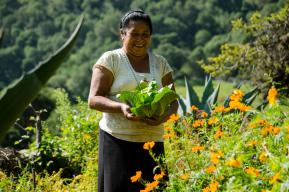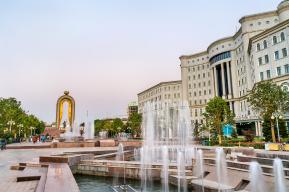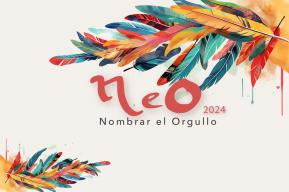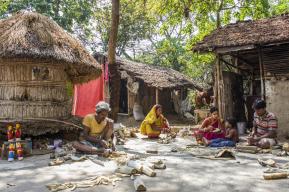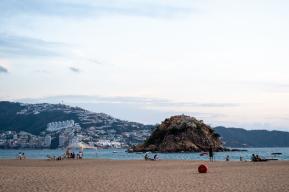Project
Devising a plan to implement cultural policies in Togo

Overview
Funds Allocated: 98 698,00 USD
Period: 2012 to 2013
Beneficiary countries: Togo
Applicant: Commission Nationale du Patrimoine Culturel/Ministère des Arts et de la Culture
Presentation
This project aims at holding a consultation of local authorities, researchers and civil society in order to draw up a strategic plan for the implementation of the cultural policy adopted by the Council of Ministers of Togo in March 2011.Togo’s National Cultural Heritage Commission (CNPC) was established in 1991 and reformed in 2010. Its mission is to assist the government in formulating a national policy for the enhancement of all cultural property, in compiling a systematic and full inventory of cultural property, in proposing solutions to implementation problems and in drawing up legislation and regulations for the establishment and conduct of national cultural policy. The CNPC has 22 national members and 35 regional members. Its accomplishments include the formulation of Togo’s cultural policy adopted in March 2011 and the establishment of a support fund for culture.
Local context
Togo has had a cultural policy since the 1970s. However, as in many developing countries, culture is often ignored on the ground because the public has more immediate concerns than discovering a new singer, listening to a musician or marvelling at the works of a painter or sculptor.
After a national cultural policy paper was drafted and validated in 2011 with UNESCO’s support, it is still necessary to draw up a strategic plan setting out the priorities of each sector and the details of action that must be taken in the future to enhance the cultural sector.
Results
Strengthened the capacities of government offices in the areas of arts and culture through training Established a 10-year national plan (2013-2023) for cultural actions and six regional strategic plans for the implementation of cultural policies.
Main objectives
- Led by Togo’s Ministry of Arts and Culture, the main objective of this project is to make Togo’s cultural policy and its decentralized implementation a national priority. The goal is to involve a multitude of stakeholders at all levels of the country’s cultural life, from policy makers to beneficiaries, including artists, university researchers, civil society representatives and cultural entrepreneurs to inform them about the cultural policy paper and about the decentralized ten-year strategic plan to be drawn up. Moreover, regional meetings are held and civil society is being informed of all national developments. The goal, at the end of the programme, is the adoption of a national strategic plan for the implementation of the cultural policy.
- The programme’s long-term objectives are the encouragement of all forms of cultural creation, the establishment of a framework and the creation of appropriate conditions to enhance cultural development, promote creative industries and build their capacities as drivers of sustainable development. The country’s cultural activities could thus foster job creation and contribute to its GDP.
Main activities
- At the beginning of the project there was a press conference, at which a cultural policy paper adopted by the Council of Ministers was publicized and the programme of activities for drawing up the strategic plan was announced. Administrative, civil and military authorities were invited, together with public and private media journalists and cultural professionals.
- Working meetings have been held in Togo’s five administrative regions so that each region’s inhabitants could put forward strategic plans that reflect their local circumstances. These meetings have been led by the Ministry of Culture, the regional commissions, a member of each prefecture’s administrative staff and a representative of civil society in the prefecture in which they were held. The local authorities and the ministry identified these persons.
- A similar concluding meeting has been held in the capital, Lomé, and has been attended by the region’s cultural stakeholders. Lomé is administratively a separate region and accounts for a large proportion of the workforce and a variety of social and cultural groups. A meeting has been held in order to pool the results of all of the working meetings.
- Lastly, a validation workshop will be held. All points raised in the strategic plan will be appraised by the participants, and all stakeholders and ministries that will play a role in using the plan will be represented. The result will be a ten-year plan that will guide all of the country’s cultural development stakeholders.




